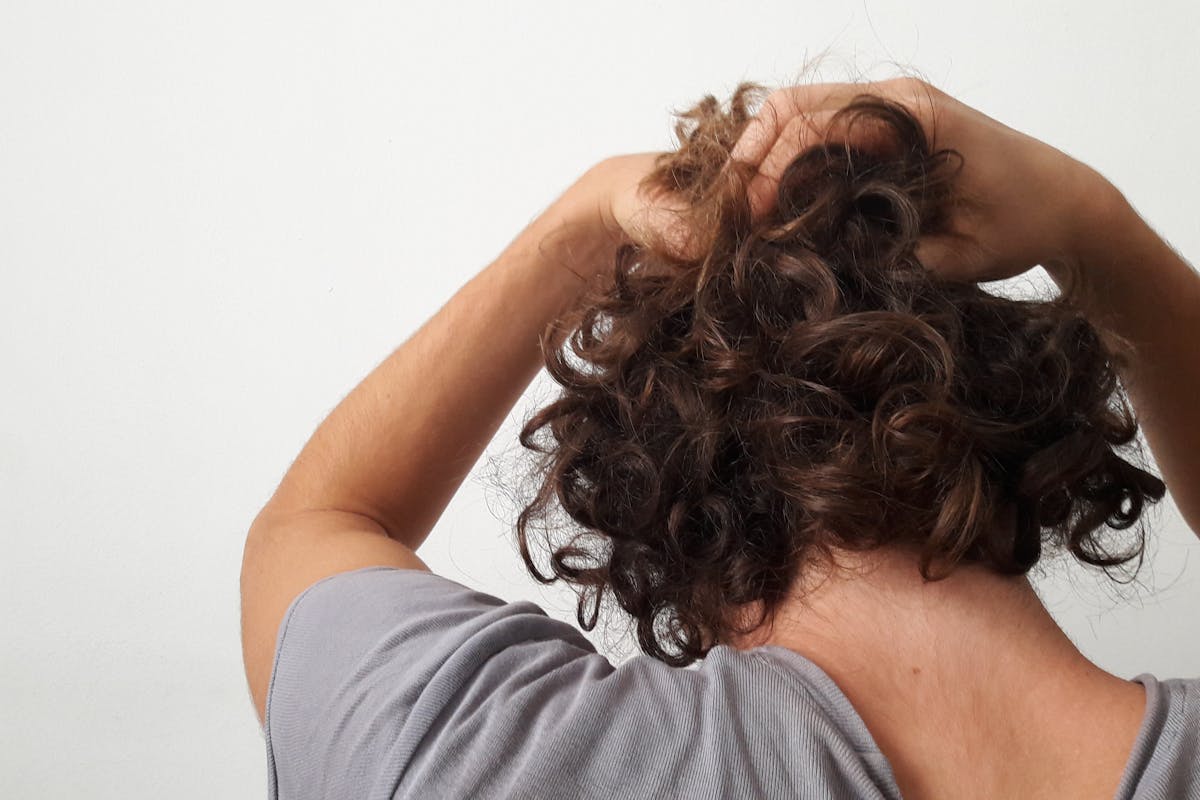It’s a well-known fact that stress and mental health conditions, such as anxiety and depression, can contribute to hair loss. But which really came first, the chicken or the egg?
While depression, anxiety, and stress can impact your hair growth, the same goes for hair loss’ impact on your mental health. Hair loss can lead to a decrease in self-esteem, feelings of attractiveness or successfulness, and even post-traumatic stress disorder, as the process of losing one’s hair can be a traumatic event for many people.

